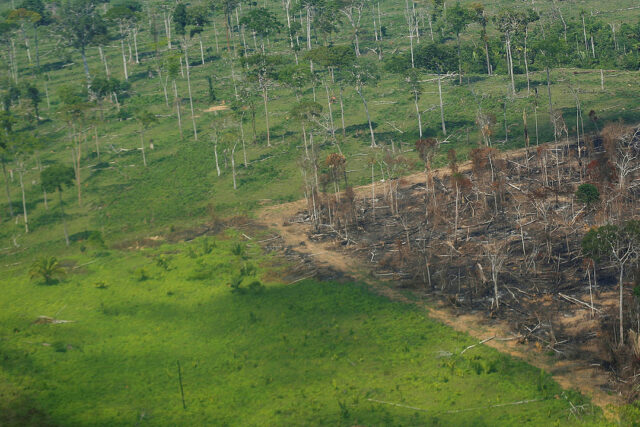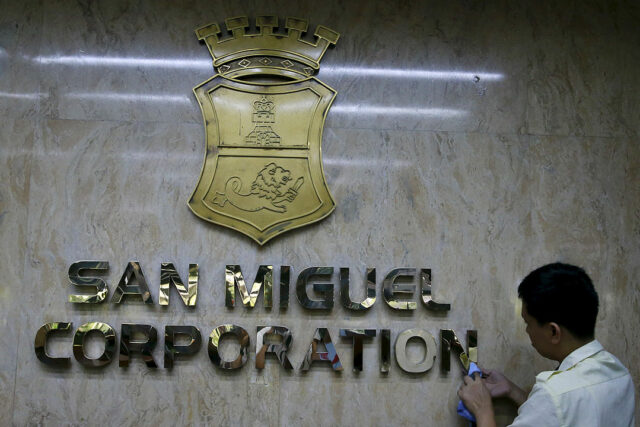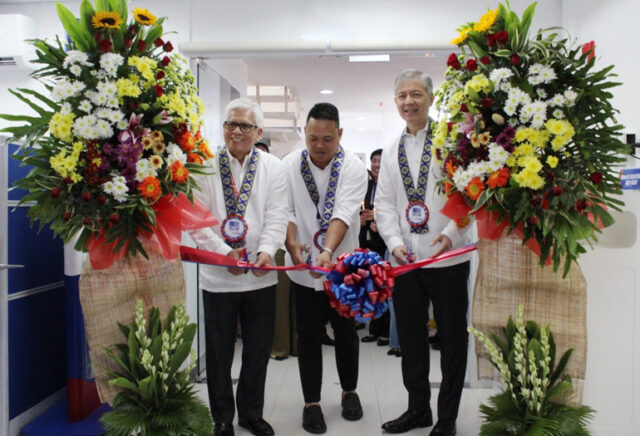Reading the ruins of Amazon fires, scientists see crisis ahead
QUERENCIA, Brazil — The Amazon is battling record early-year fires, fueling fears of a worse climate crisis to come as blazes kill vegetation that is key to absorbing planet-warming carbon dioxide.
Fanned by drought, high winds and human felling, the forest is suffering unprecedented fires this early in the year, satellite images show, with the dry season still to reach critical parts of the Amazon.
“Traditional as well as scientific knowledge point to dire times ahead,” said Sinea do Vale of the Indigenous Council of Roraima, the Brazilian state worst hit by February’s unprecedented blazes.
“If emissions do not drop drastically, we will keep suffering,” do Vale told the Thomson Reuters Foundation.
Fire is currently concentrated in the northern Amazon, satellite data shows, with Brazil, Guyana, Suriname and Venezuela registering a record number of blazes in February, according to data gathered this century by Brazil’s National Institute for Space Research (INPE).
In January, more than 941 hectares of Brazil’s Amazon were burned, more than triple the damage chalked up at this time last year, according to MapBiomas, a Brazilian network of scientists, non-profits, universities and technology firms.
This February, 3,158 fire episodes were registered by INPE in Brazil’s Amazon — beating 2007’s previous record of 1,761.
The Amazon’s carbon emissions reached a record high for that month, according to 22 years of data from European Union’s Copernicus Atmosphere Monitoring Service.
“What we are seeing right now is a result of 2023’s drought… The landscape has become extremely inflammable, so that any spark may become a blazing fire,” said Ane Alencar, a researcher at the IPAM Amazonia environmental institute.
SMOKE SIGNAL?
January and February blazes typically account for a small share of the Amazon’s annual fires.
Scientists fear, however, that this year’s early record could signal a more widespread crisis ahead, as decades of human intervention and the ongoing severe drought — driven by the El Niño climate pattern — turn forest to fuel.
Fires open the way for highly flammable grass to grow, which in turn “generates even more catastrophic fires over the next years,” said IPAM’s Leonardo Maracahipes-Santos.
“Especially if combined with severe drought,” he added from a 36-metre (120-ft) tower set up by IPAM in Querencia, southern Amazon, to investigate the changing forest.
Viewed from above, the Amazon unrolls towards the horizon, cut short by soy fields. Under a canopy of green, Mr. Maracahipes-Santos points to a fire scar on a nearby tree.
“Flames embrace the tree and unite on the opposite side, forming a triangle. Even when the tree doesn’t die immediately, this opening makes it more vulnerable,” he said.
DEFORESTATION
With more dead trees, the ground becomes ever dryer and flammable, said Liana Anderson of Brazil’s National Center for Monitoring and Early Warning of Natural Disasters.
Plus, fires are “increasingly used as a weapon against traditional populations” in areas of dispute where farmers, loggers and hunters are fighting for land, she said.
The worst fires typically come between July and November, when the forest’s southern and eastern fringes are at their driest, while rain drenches the northern Amazon.
Even during unusually dry seasons, rainforest fires are not sparked naturally and must be deliberately ignited. Land grabbers and farmers burn the forests over years so areas can be re-purposed, mostly for cattle ranching.
According to Manoela Machado, a researcher at the US-based Woodwell Climate Research Center, Brazil’s Amazon has undergone exceptionally high levels of deforestation since 2019.
Although rates have been declining, deforestation remains high, she said, especially in the southern and eastern fringes.
“If there is deforestation, there will be fire,” she added.
EXTREME WEATHER
A key unknown is the amount of rain that will hit the southern and eastern Amazon in coming months — and whether it will be enough to recharge the forest’s soil and rivers.
This week, Brazil’s National Water Agency said key Amazon rivers were below their average levels for the month, and predicted that rainfall would dip below the average for eastern Amazon and parts of its southern fringes from March through May.
“It is not raining enough,” said Alencar from IPAM.
Scientists say climate change increases the likelihood of drastic events, from drought to flood.
At the same time, large swaths of forest are vanishing to deforestation and fire, making it less resilient.
Some scientists fear this combination may push the forest to a tipping point of no return.
Instead of absorbing planet-heating carbon, the forest would die out, becoming a net carbon emitter and accelerating climate change — a shift already detected in some areas.
Deforestation rates have dropped in the forest since 2023, when President Luis Inacio Lula da Silva came to power vowing to restore environmental protections. But the dangers remain high.
“Climate is increasingly dryer and warmer, providing more dry fuel, and there is a greater motivation to burn. This cycle will not end if there is not a stop to deforestation,” said Manoela Machado, from the Woodwell Center. — Thomson Reuters Foundation

















